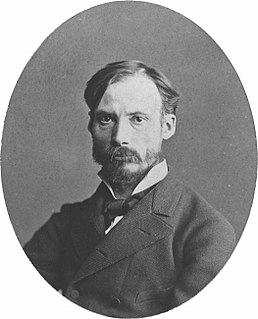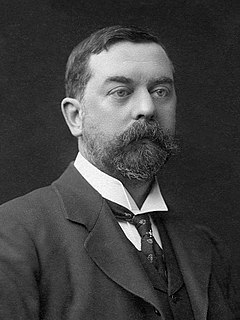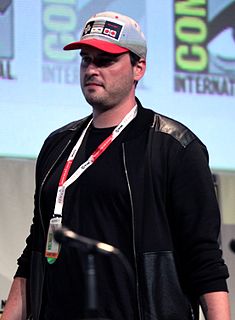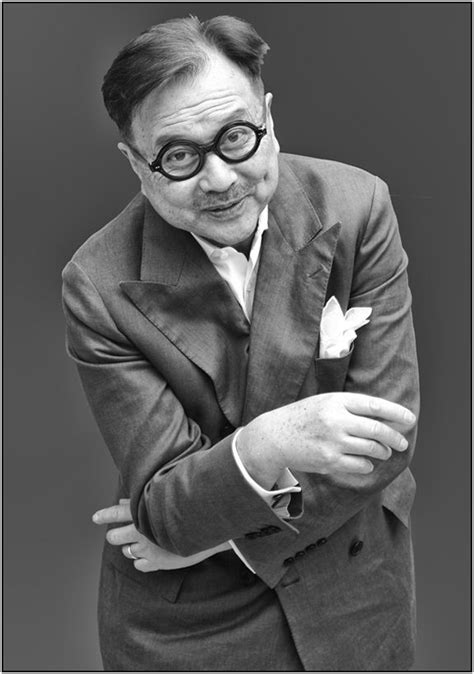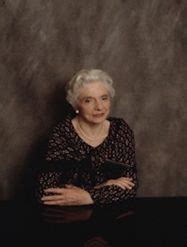A Quote by Pierre-Auguste Renoir
What is to be done about these literary people, who will never understand that painting is a craft and that the material side comes first? The ideas come afterwards, when the picture is finished.
Related Quotes
My original book [Straight to the Heart: Political Cantos] was 1,700 pages. The first editor brought it down to 700; there was a lot that didn't make it in. But at last it's finished. I had a hard time signing off on it. And I was worried about it hurting anyone I loved even indirectly. I sat in my room afterwards for two hours wondering what I had done. I wondered about it being judged and if people would understand.
I will do a lot of research and create a lot of material for use in one painting. And then I go on discovering and working with a whole other range of material in another painting. I'm interested in a fairly comprehensive and orchestrated synthesis that might bring about a new situation consisting of this hidden material. I'm interested in hidden source material.
I have loved my work, I have loved people and my play, but always I have been uplifted by the thought that what I have done well will live long and justify my life, that what I have done ill or never finished can now be handed on to others for endless days to be finished, perhaps better than I could have done.
I don't understand why people never say what they mean. It's like the immigrants who come to a country and learn the language but are completely baffled by idioms. (Seriously, how could anyone who isn't a native English speaker 'get the picture,' so to speak, and not assume it has something to do with a photo or a painting?)
There are some ideas that will translate from Iraq to Afghanistan and there are many that will not. The first lesson of counterinsurgency, in fact, is that every situation is truly unique, has its own context, its own specific set of factors - and you have to understand that context in enormous detail to be able to craft a sound and comprehensive approach.
I am sure it has been done with less, but you should be prepared to write and throw away a million words of finished material. By finished, I mean completed, done, ready to submit, and written as well as you know how at the time you wrote it. You may be ashamed of it later, but that's another story.
I've told youngsters not to write their autobiographical novel at the age of twenty-one; to save it for the time when they're fifty-one or sixty-one. They should write other novels first, to learn their craft; they shouldn't cut their teeth on the valuable material of childhood because they'll never have better material, ever, to work with.
